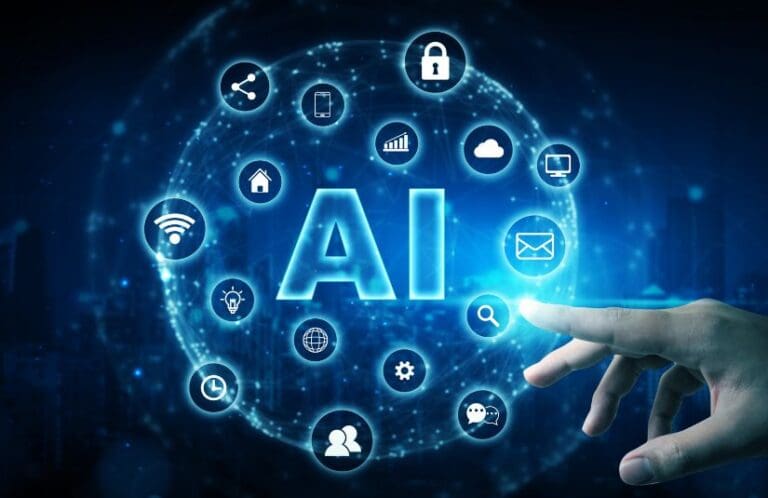The rise of AI-powered relationships is offering a new frontier in human interaction. Initially emerging in the gaming world, AI companionship has evolved into mainstream culture, with apps providing personalised experiences that range from platonic friendships to romantic encounters. These interactions can blur the boundaries between real and virtual relationships, creating confusion and potential psychological harm.
Criminologists warn that children as young as 12 are accessing dating apps, often bypassing age restrictions, which exposes them to sexual content and predatory behaviour. Researchers have also found that many adolescents are turning to virtual partners for validation, risking unhealthy emotional attachments that can affect real-life relationships.
From a College perspective, Principal Darnelle Pretorius has strongly recommended that parents ban social media use for children under 13 to safeguard them from these and other negative impacts on mental health and wellbeing. This precaution aims to protect young minds from the harmful influences often associated with social media and technology, fostering a safer environment for emotional and social development.
As AI reshapes social dynamics, it’s crucial to stay informed and engaged. While AI can enhance education and creativity, it also presents challenges around privacy, mental health, and misinformation. This Special Report will help you foster an open dialogue and balanced approach to help young people navigate this evolving digital landscape.



